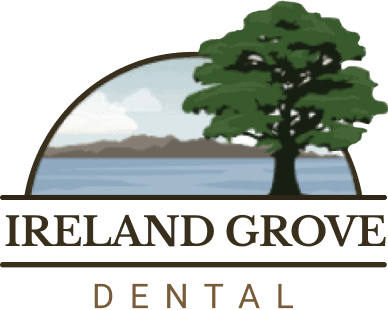A complete denture is a dental prosthesis that is for patients who no longer have their own teeth. You wear it during the day, and you take it out at night. You can contrast complete dentures with removable partial dentures (RPDs) – both are removable prosthesis, but RPDs are designed for patients who have some of their natural teeth remaining.
Advantages of complete dentures
The advantage of a complete denture is that you will be able to smile, speak, and function more than you would with only a few teeth remaining. Many patients do very well with complete dentures, but it’s important to know that there are alternatives such as dental implants.
Disadvantages of complete dentures
While you will be able to chew and eat with a complete denture, your biting ability will be less than it was when you had natural teeth. In addition, the ability for the dentures to remain in your mouth depends upon how much bone you have left. Patients often talk about “not wanting to use paste” in order to hold their dentures in place – and we agree – we want our patients to wear their dentures without adhesive (such as Fixodent or Poli-Grip). The problem is that for patients who have very resorbed ridges (that is, a high amount of bone loss in the jaw bones), it’s difficult to make a denture stay without adhesive.
Alternatives to complete dentures
When it comes to complete dentures, most patients are happier with their upper dentures as compared to their lower dentures. The reason for this difference is that the upper jaw bone naturally resorbs more slowly than the lower jaw bone; thus, there’s usually more bone on the top to help hold in a denture. Plus, the tongue is a very strong muscle, and tongue movement can dislodge a denture.
